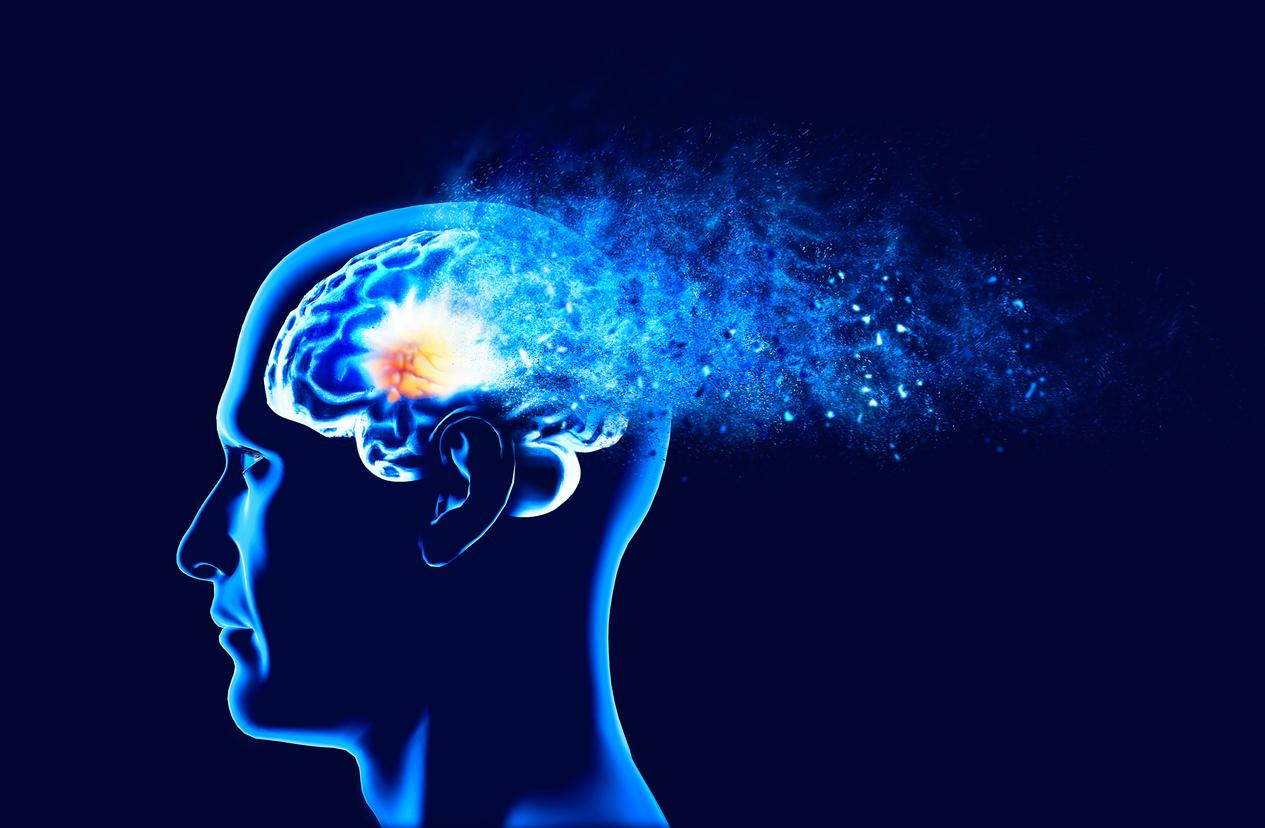Music can help people affected by this neurodegenerative disease. This can have beneficial effects on mood, behavior or even memory.

- Alzheimer’s disease leads to dysfunctions in neural connections.
- It has consequences on cognitive functions, such as learning, memory or attention.
More than 35 million people worldwide have Alzheimer’s disease. According to theWorld Health Organization, the number of sick people is expected to double every 20 years. Today, no treatment makes it possible to cure it, but they make it possible to limit the impact of the symptoms. On a daily basis, small gestures can make life easier for sick people, such as listening to music. This is what the Mayo Clinic, an American research center, recommends in a text published on its site.
Music, a way to help Alzheimer’s patients and those around them
“Musical memories are often preserved in Alzheimer’s disease because key brain areas related to musical memory are relatively unaffected by the disease“, specifies the organization in a press release. Scientific research has shown that listening to music or singing is beneficial from an emotional and / or behavioral point of view. But it also has an interest for those around people with illnesses. , whether caregivers or caregivers. Music can reduce “anxiety and distress, easing mood and providing a way to connect with loved ones with Alzheimer’s disease, especially those who have difficulty communicating“.
Dementia: how to use music to help the sick?
Mayo Clinic specialists give six tips for making the best use of music in this context. First, we must take into account the tastes and preferences of the person, but also the memories associated with this music. The ideal is to find titles that recall happy times. “Involve your family and friends by asking them to suggest songs or create playlists“, they suggest.
Then the music can be used at different times. This can be an activity in its own right, in which case overstimulation should be avoided: it is important to limit all other noises, such as television for example. The sound volume must be adapted to the hearing health of the sick person. “Choose music that isn’t interrupted by commercials, which can be confusing”adds the Mayo Clinic.
These specialists also suggest using this moment to encourage the person to move: this can be clapping, tapping their feet in rhythm or even dancing. Their fourth piece of advice is to sing.
Singing helps to create a better atmosphere, but also helps to develop the relationship. “Some studies also suggest that musical memory works differently than other types of memory, and singing can help stimulate unique memories.“, they raise.
They recommend paying attention to the person’s reactions: if certain songs seem to be appreciated, then they should be listened to often, and vice versa if the person does not like certain songs, it is better to change the disc.
Their final piece of advice is to use music to set the mood in everyday life. This can help soothe the person during less pleasant times, such as a skincare routine for example. “When you want to improve your loved one’s mood, use more upbeat or faster music.”, they point out. These different examples are proof that music therapy can be implemented through simple actions to lighten the daily lives of sick people and those around them as much as possible.


















